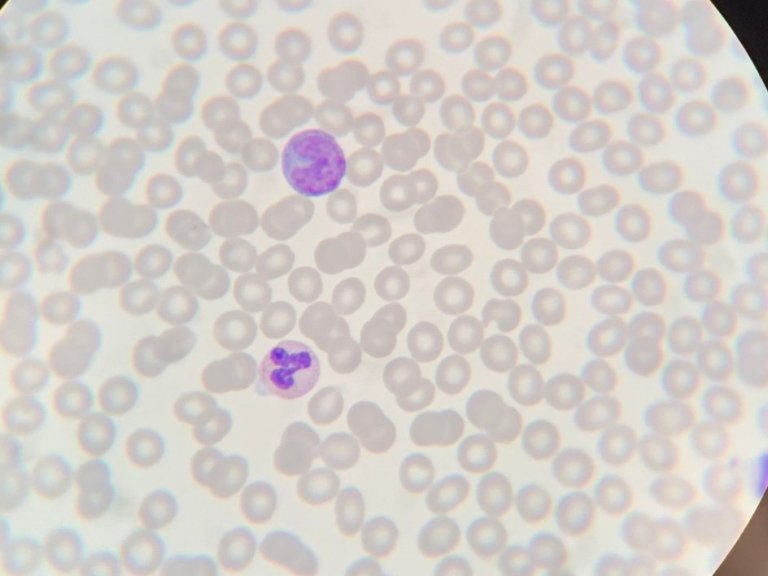ME/CFS, also known as chronic fatigue syndrome, can have serious and long-lasting consequences, but much is still unclear about this disease. Doctors do not yet agree on the characteristics, causes, treatment or even the name of the disease. The Amsterdam UMC research program will try to tackle these issues.
Collecting data at patients' homes
"We focus on patients who are known to hospitals and researchers," says Bosch. "All Dutch university medical centres will take part in our consortium, including the Minsitry of Health who follow a group of 40,000 people with long-term symptoms after COVID, and the Fatigue Clinic, which many people with ME/CFS attend." Bosch also bundles groups of patients with long-term symptoms after an infection, such as Lyme disease, Q fever and COVID. A proportion of these patients meet the criteria for ME/CFS. 'Therapists and researchers have already done a lot to collect data,' says Bosch. “But so far, they mostly didn't work according to the international criteria of ME/CFS research. We're making an important step now by doing so."
"Together with the other consortium, we coordinate our research protocols with the large international cohorts, such as those in the United Kingdom, Germany and Canada. This has the great advantage that data will soon be comparable. We can reinforce each other's work and hopefully this will also lead to usable results more quickly," says Bosch.
Patients in this cohort will also be visited at home by specially trained nurses. If they have to visit a research institution for a scan, for example, they will then be transported and accompanied where necessary. This makes it possible to include people with severe ME/CFS in the research. In the past, it was precisely the most serious cases that often remained out of sight of researchers because they were too ill to participate in research. "We also focus on those patients who are housebound or even bedridden, whom we visit at home for measurements," says Bosch. In the consortium, biomaterials will also be collected from 100 patients with severe ME/CFS so that as much research as possible can be done on the most severe patients.
Active role for patient organizations
The research program was partly established thanks to the active role of patients and their advocates. Patient organizations also play an important role in the consortium.
"We work in three themes: outreach, relevance and clinic. For each of these themes there is an advisory board in which the patient organizations are represented: the foundation, the association and the support group. The patient organizations also have a representative on the board. I think their role is very important. In terms of content, but also to involve patients and to ensure that the results find their way into practice," says Bosch.
Long term efforts needed
Bosch emphasises that he does not want to raise false hopes, "we know how difficult ME/CFS is for many patients. But there is still so much unknown. ME/CFS probably has several causes. A drug or other treatment may then be effective in a subgroup of patients, but not in everyone. Unfortunately, this is a matter of patience."
At the same time, another consortium from UMC Groningen will also investigate ME/CFS. Both consortia are therefore also aimed at training a new generation of researchers. In this way, they hope that biomedical research into ME/CFS will become stronger and more successful. After all, it is ultimately about making effective treatment available for every patient with this debilitating disease.
ZonMW research program ME/CFS
Amsterdam UMC's research trajectory is officially called the 'Dutch ME/CFS Cohort- and Biobank (NMCB) Consortium' and is a national collaboration of research institutes, patient organizations and clinical centers that focuses on biomedical research in ME/CFS.
At the same time, UMC Groningen launches a second consortium to investigate ME/CFS. Both are part of the ZonMw ME/CFS research programme. “We each have a different approach, but we will also reinforce each other,” says Bosch. The aim is for biomedical research into ME/CFS to become stronger and more successful. “Ultimately, it is about making effective treatment available for every patient with this debilitating disease.”




